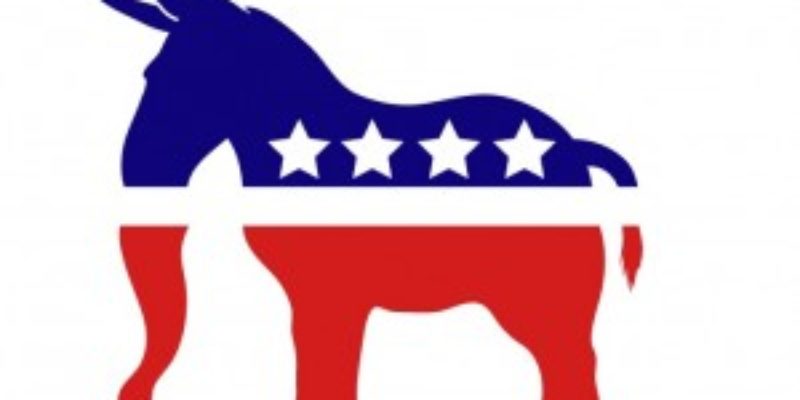As reported by Jeremy Alford of LaPolitics, former Rep. Damon Baldone wants to become Louisiana’s first hybrid democrat/republican, henceforth to be referred to as a Republocrat:
Former state Rep. Damon Baldone attempted to change his party affiliation to both Democrat and Republican — a dual registration — on Monday morning with the Terrebonne Parish Registrar of Voters, but was refused and he is now taking the matter to court.
Mr. Baldone added that “I believe I have the constitutional right to affiliate with both parties.”
I’m not so sure about that.
Mr. Baldone’s petition, posted by Alford, is scant on details (which is not necessarily bad on his part) so we’ll have to wait and see what arguments he sets forth to support his position to come up with a more definitive analysis. But based on prior decisions I’ve reviewed, I don’t like his chances.
Let’s start with the basics. Louisiana law clearly prohibits a person from registering for two parties or qualifying to run for office as a member of a non-recognized party. While Mr. Baldone may wish to be a party of two parties, what he is in essence doing is creating a new party not recognized by the State. It is quite clear that he has no constitutional right to create such a party outside of the framework Louisiana has set up to create new parties.
Let’s go back to 1981. In December of that year, Henry T. Dart, a registered member of the Libertarian Party of Louisiana, qualified to run for election to the New Orleans City Council, District B. The preprinted notice of candidacy form, prepared by the Secretary of State, contained three boxes concerning party affiliation, one of which the candidate had to check. After the phrase, “I am,” the candidate could check the box labeled “a member of the Democratic Party,” the box labeled “a member of the Republican Party,” or the last box, labeled “not affiliated with a recognized political party.” Dart checked the box indicating that he was not affiliated with either recognized party (Democratic and Republican), and then typed in “Libertarian Party” next to that box. When the Clerk of Court submitted the certification form to the Secretary of State, each of the five candidates had a political afilation except Dart, who had a “NP” next to his name signifying that he was filliated with no “recognized” party.
Dart sued and lost at the Federal Fifth Circuit.
The Fifth Circuit noted that the State did not have to prove that the law in question was narrowly tailored to achieve a compelling governmental interest (a very high burden) but that it only had to weigh all the factors, including “the character and magnitude of the asserted injury” to constitutionally protected rights, the precise interest of the state asserted as justifications for the burdens and the extent to which those interest make it necessary to burden the plaintiff’s rights.” In reaching its conclusion that Dart could not have Libertarian Party next to his name on the ballot, the court wrote:
It is evident that if candidate political “party” affiliation is to be designated on the ballot, the potential exists for voter confusion or deception unless there are some restrictions on what constitutes a political “party” for these purposes. A political party implies a relatively numerous group of people, associated together for common political purposes, with some sort of organization actively functioning in the political arena. For the state’s ballot to represent that a candidate is affiliated with a particular political party, when in fact there is no such party in the commonly understood sense of the word, has the obvious potential for causing voter deception and confusion. Moreover, the quality and quantity of information actually imparted to voters by the designation of candidate party affiliation will to a significant extent vary with the degree to which the designated party is known to the voters, and a reasonable method by which to gauge such voter knowledge is the level of support which the party has achieved among the electorate. Indeed, no practical and equally effective alternative gauge suggests itself. Finally, just as an unrestricted proliferation of candidate names on the ballot may engender confusion or deception, so may an unrestricted proliferation of party names. And, requiring some preliminary showing of a significant modicum of support for a party before a candidate’s affiliation with it is designated on the ballot is necessary to further the state’s strong and legitimate interest in minimizing ballot confusion and deception in the same way as requiring such a showing respecting a candidate, before his name is listed on the ballot, is necessary to further such interests.
That reasoning still rings true. Mr. Baldone is free to identify himself as whatever he wishes in his campaign materials. He is not, however, entitled to constitutional protection of his hybrid party without going through the process set up by the state. The state, as noted by the Fifth Circuit Court, has an interest in preventing voter confusion; the laws in question are designed to do just that.
In my view, Rep. Baldone will not be the first recognized Republocrat.
Advertisement
Advertisement

